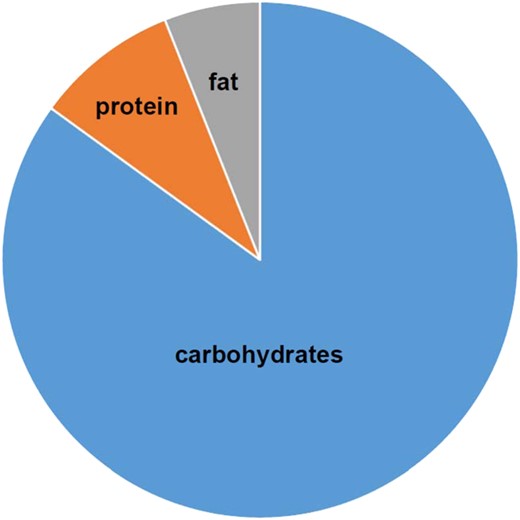JustAGuy
Member
- Joined
- Jul 21, 2018
- Messages
- 141
I doubt there is anything wrong with my liver since I felt completely fine. Fruit didn’t satiate me at all though. Yes I was eating above my needs, but you said “2-3%” ends up as fat. Well with my experiment it was more like 100% of the excess ends up as fat. Similarly there are tons of people who try unlimited fruitarian eating methods who actually end up gaining weight quickly, so no matter what your papers say in practice it’s just not the case of only 2-3% being turned into fat. Why don’t you just eat 6000 kcal worth of fruit with some protein daily to get at peak health?I am simply stating what the evidence I have found seems to suggest. And my experience agrees with it as well. My experience simply doesn't match up with yours.
The only thing I can think of that makes sense is that you were simply eating way above your caloric needs in order to gain that amount of pure fat in a few weeks. You probably have a sluggish liver as well.

